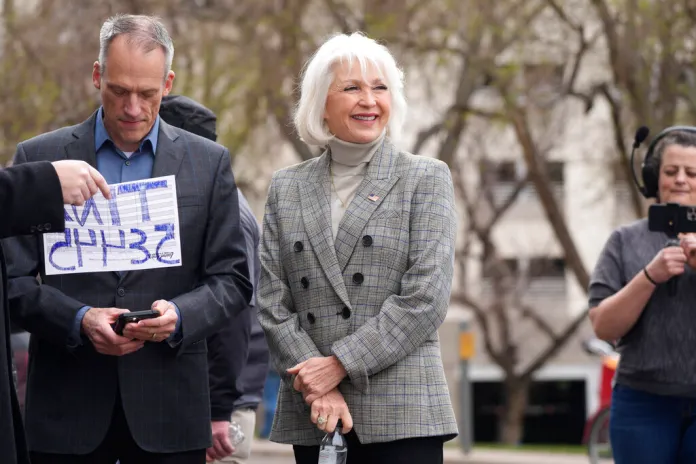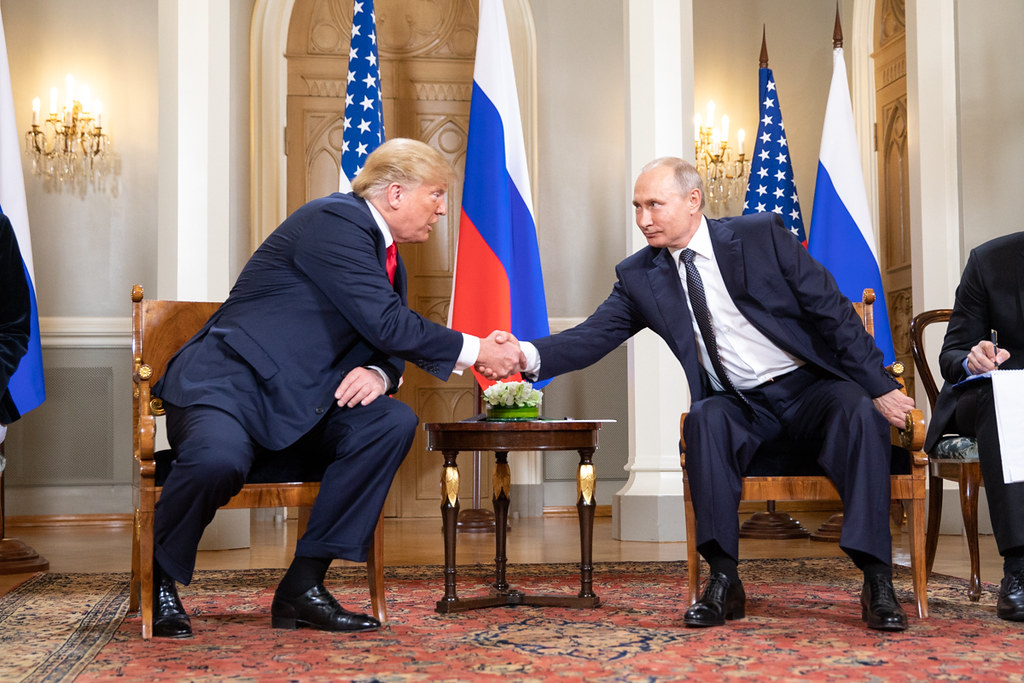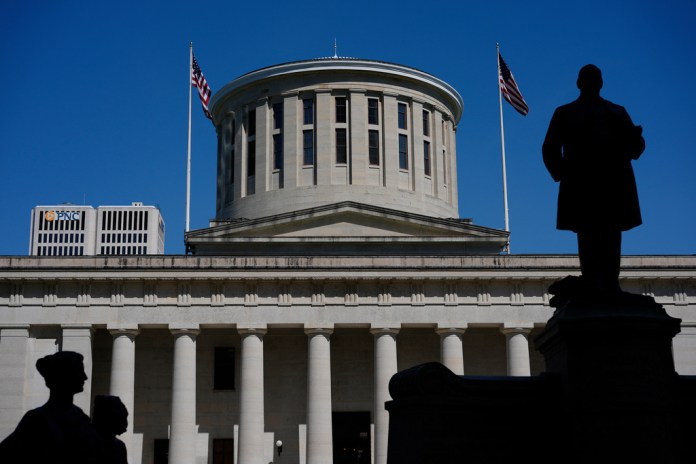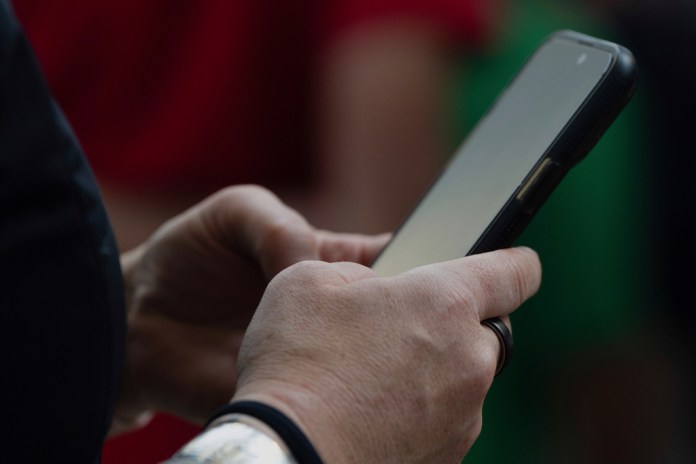How the Trump campaign hack differs from Clinton’s in 2016 – Washington Examiner
The article discusses the recent hacking of Donald Trump’s 2024 campaign, drawing comparisons to the Russian interference in Hillary Clinton’s 2016 campaign. Following the hack, the FBI is probing the incident, which appears to have potential links to Iran. Various media outlets, including Politico, The New York Times, and The Washington Post, received internal communications from Trump’s campaign but opted not to publish them, which stands in stark contrast to the earlier Wikileaks incident when Clinton’s campaign emails were made public. Trump’s campaign is now warning media outlets against publishing any leaked communications, labeling such actions as detrimental to American interests. This situation highlights a significant shift in media behavior regarding the handling of hacked information between the two election cycles.
How the Trump campaign hack differs from Clinton’s in 2016
After former President Donald Trump’s campaign was hacked earlier this week, the foreign interference is drawing comparisons to Russia’s influence campaign during the 2016 election.
The FBI is investigating the hack on Trump’s campaign and possible threats to the Democrats’ campaign, with officials saying both the current and future threats on Trump’s campaign could be tied to Iran. At least three outlets, Politico, the New York Times, and the Washington Post, were sent internal communications from Trump’s campaign, but have not posted the emails.
The main difference between the hacks on former Secretary of State Hillary Clinton’s 2016 campaign by Russia and Trump’s 2024 campaign may be in what news outlets that have obtained the information chose to do with it. Each news outlet has not published details on what information they have received, instead simply reporting on the hack.
It’s a stark difference from when Clinton campaign Chairman John Podesta’s emails were compromised and published by WikiLeaks.
The personal email account of longtime Republican and Trump operative Roger Stone was also compromised in the attack on the former president’s 2024 campaign. Podesta accused Stone of having prior knowledge of the WikiLeaks publication of his emails, which were obtained by Russian hackers. Stone was later indicted and found guilty of obstruction, making false statements, and witness tampering for his role in the Clinton email hack.
Stone and the 2016 Trump campaign pushed for Clinton’s emails to be published by legacy media outlets, but in 2024, his campaign is warning of action against any news organizations that publish emails they were sent.
“Any media or news outlet reprinting documents or internal communications are doing the bidding of America’s enemies and doing exactly what they want,” Trump campaign communications director Steven Cheung said in a statement Saturday when it was announced that the campaign had been hacked.
It’s a large contrast from when, in 2016, Trump said at a press conference, “Russia, if you’re listening, I hope you are able to find the 30,000 emails that are missing. I think you will probably be rewarded mightily by our press.”
So far, all of the outlets that received emails have not published them but have said the emails contained vetting materials that were used to look at Sen. J.D. Vance (R-OH) before he was tapped to be Trump’s running mate. The emails also included vetting information on Sen. Marco Rubio (R-FL) when he was a contender for the same role.
A Washington Post spokesperson told the Associated Press it was not publishing the emails because “As with any information we receive, we take into account the authenticity of the materials, any motives of the source and assess the public interest in making decisions about what, if anything, to publish.”
Brad Dayspring, a spokesman for Politico, said editors at the outlet determined that “the questions surrounding the origins of the documents and how they came to our attention were more newsworthy than the material that was in those documents.”
The New York Times did not tell the Associated Press why it was not publishing emails it received.
" Conservative News Daily does not always share or support the views and opinions expressed here; they are just those of the writer."




